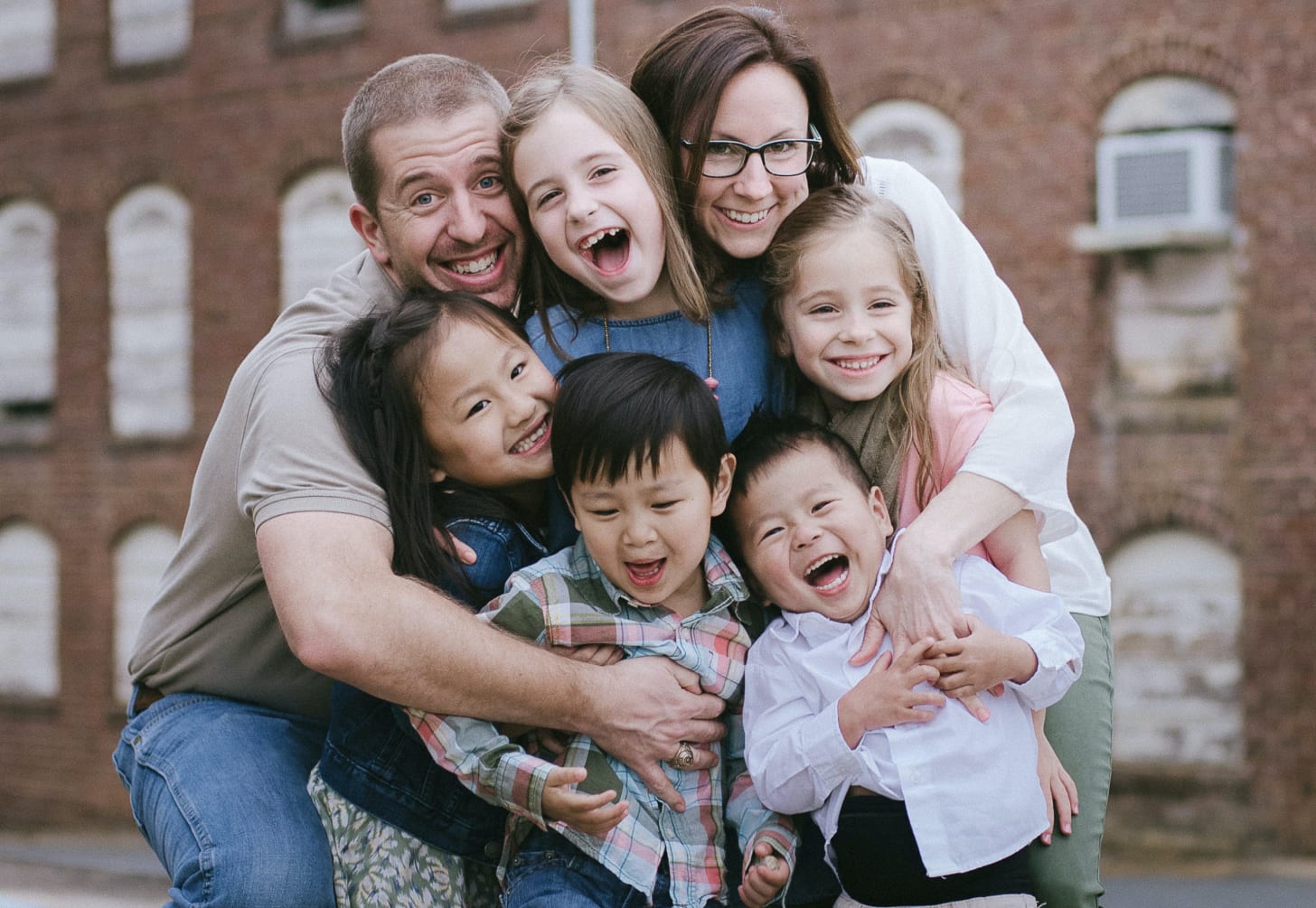My Selfish Reasons to Have More Kids makes two big points about adoption.
First, domestic adoption plausibly sharply improves adoptees’ lives.
You can’t read an American adoption study and conclude that abject poverty and severe neglect do no lasting damage. But you can conclude that it’s okay for parents to move within the normal American range. You don’t need to fret about whether to sacrifice more for your children than 20, 50, or 80 percent of parents like you. If the typical adoption agency would consider you a suitable parent, you’re good enough to let your children reach their potential.
Second, international adoption almost certainly improves adoptees’ lives.
Twin and adoption research only show that families have little long-run effect inside the First World. Bringing kids to the First World often saves their lives. Over 13 percent of the children in Malawi—the African nation that initially denied Madonna’s petition to adopt a four-year-old orphan—don’t survive their first five years. And survival is only the beginning. Life in the First World spares children from hunger, disease, and harsh labor, and opens vast opportunities that most of us take for granted. Merely moving an adult Nigerian to the United States multiplies his wage about fifteen times. Imagine the benefit of giving a Nigerian child an American childhood and an American education.
Since 2017, I’ve known that international adoption is in decline. But only recently, while writing the introduction to the 15th-anniversary edition of Selfish Reasons, did I realize that both forms of infant adoption in the United States have become incredibly rare.
Domestically, birth parents only put about one out of every 200 babies born up for adoption. As Olga Khazan explains in The Atlantic:
Of the nearly 4 million American children who are born each year, only about 18,000 are voluntarily relinquished for adoption… Since the mid-1970s—the end of the so-called baby-scoop era, when large numbers of unmarried women placed their children for adoption—the percentage of never-married women who relinquish their infants has declined from nearly 9 percent to less than 1 percent.
Internationally, the situation is even bleaker. In 2004, U.S. international adoptions peaked at 22,988. In 2023, the last available year, the total was just 1,275 — a 94% fall. Two decades ago, the market share of imported adoptees was about 50%. Now it’s about 7%. Globally, millions of kids are still born into desperate, debilitating poverty. More than enough to give every American as many kids as they’d like to adopt. But due to a combination of domestic and foreign “safeguards,” this engine of salvation barely runs.
The sad upshot for anyone interested in “just adopting” an infant is that the odds are now stacked drastically against you.
What should be done? For international adoption, as Arthur Brooks argued back in 2017, we need massive deregulation:
Part of the reason is the policies of foreign governments, which have made foreign adoption harder, for both nationalistic reasons and because of worries about corruption and human trafficking. Our own government has contributed as well: Foreign adoption plunged all through the Obama administration as the State Department imposed new hurdles in the name of curbing abuses, which are a significant worry for parents adopting from some countries (although not China, where virtually all the children, like my daughter, were abandoned at birth).
Motivated by good intentions or not, these changes have left thousands of orphans unadopted. This is too high a price to pay for bureaucratic screw-tightening.
“Protecting potential adoptees from foreign exploitation” sounds very good yet turns out to be very bad. It is not only mindless, but heartless. You don’t merely deprive hundreds or thousands of kids of a good home for every kid you save from grotesque foreign exploitation. For every kid you save from grotesque foreign exploitation, you probably condemn dozens or even hundreds of kids to grotesque exploitation in their country of birth.
For domestic adoption, there is a similarly obvious fix: drastically curtail or abolish the welfare state. Even in the First World, it is very hard for a poor single mother to simultaneously work and support a baby. Without the welfare state, adoption is a natural response to this harsh dilemma. Often sad for the birth mothers, but fantastic for the baby and whoever adopts the baby. Not to mention taxpayers.
I realize that many people will react in horror to this perspective. But not only do I hold it with all sincerity; I struggle to craft a rational counterargument. I definitely understand why someone would oppose forcing a poor mother to hand over her baby to an objectively better family. I also understand why someone would want to force taxpayers to fund clear improvements in overall human well-being. But why would anyone want to force taxpayers to make a poor kid and (usually) two adoptive parents worse-off for the benefit of one single mother unwilling to endure the hardship of simultaneously working and caring for her child?*
If you’re an adult who doesn’t like children and/or parenting, it’s easy to be blasé about the crash in the supply of adoptable infants. The same holds if you’re an adult blessed with high fertility. But for millions of children deprived of a good home, and vast numbers of would-be parents deprived of children to raise, the status quo is not only a tragedy. It is a needless tragedy. In a just world, Americans would be adopting hundreds of thousands of kids every year.
* If you object that economic hardship is a form of “force,” then you have to accept force so defined as a necessary evil. Why? Because all known human societies routinely use the threat of economic hardship to motivate socially desirable behavior. What realistic alternative is there? Which is another fine reason to stick with the common-sense libertarian definition of force which limits the concept to literal murder, battery, robbery, theft, and the like.
.png)


![Better Data Is All You Need [video]](https://www.youtube.com/img/desktop/supported_browsers/opera.png)

